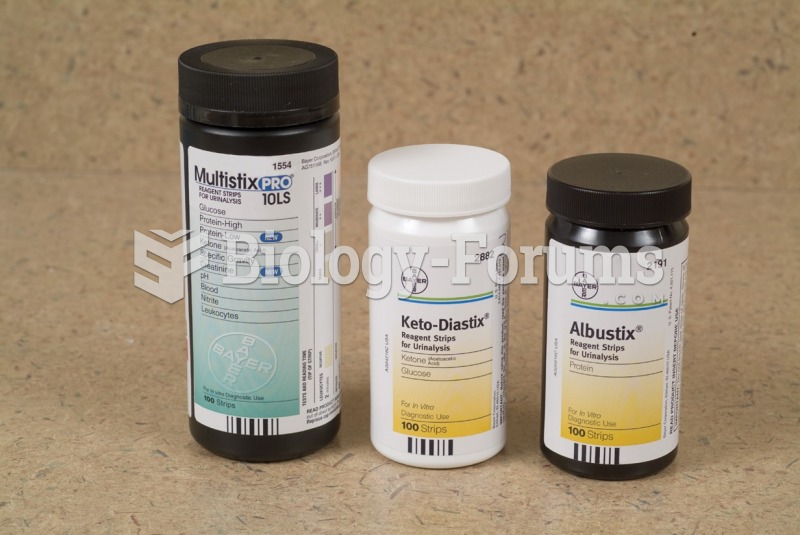|
|
|
The largest baby ever born weighed more than 23 pounds but died just 11 hours after his birth in 1879. The largest surviving baby was born in October 2009 in Sumatra, Indonesia, and weighed an astounding 19.2 pounds at birth.
Pregnant women usually experience a heightened sense of smell beginning late in the first trimester. Some experts call this the body's way of protecting a pregnant woman from foods that are unsafe for the fetus.
Adults are resistant to the bacterium that causes Botulism. These bacteria thrive in honey – therefore, honey should never be given to infants since their immune systems are not yet resistant.
This year, an estimated 1.4 million Americans will have a new or recurrent heart attack.
The first oral chemotherapy drug for colon cancer was approved by FDA in 2001.
 Vertebral compression Fractures of the spine (vertebra) can cause severe ”band-like” pain that radia
Vertebral compression Fractures of the spine (vertebra) can cause severe ”band-like” pain that radia
 Apply direct pressure to points on low back. Press into paraspinal muscles from the side. Move spot ...
Apply direct pressure to points on low back. Press into paraspinal muscles from the side. Move spot ...





